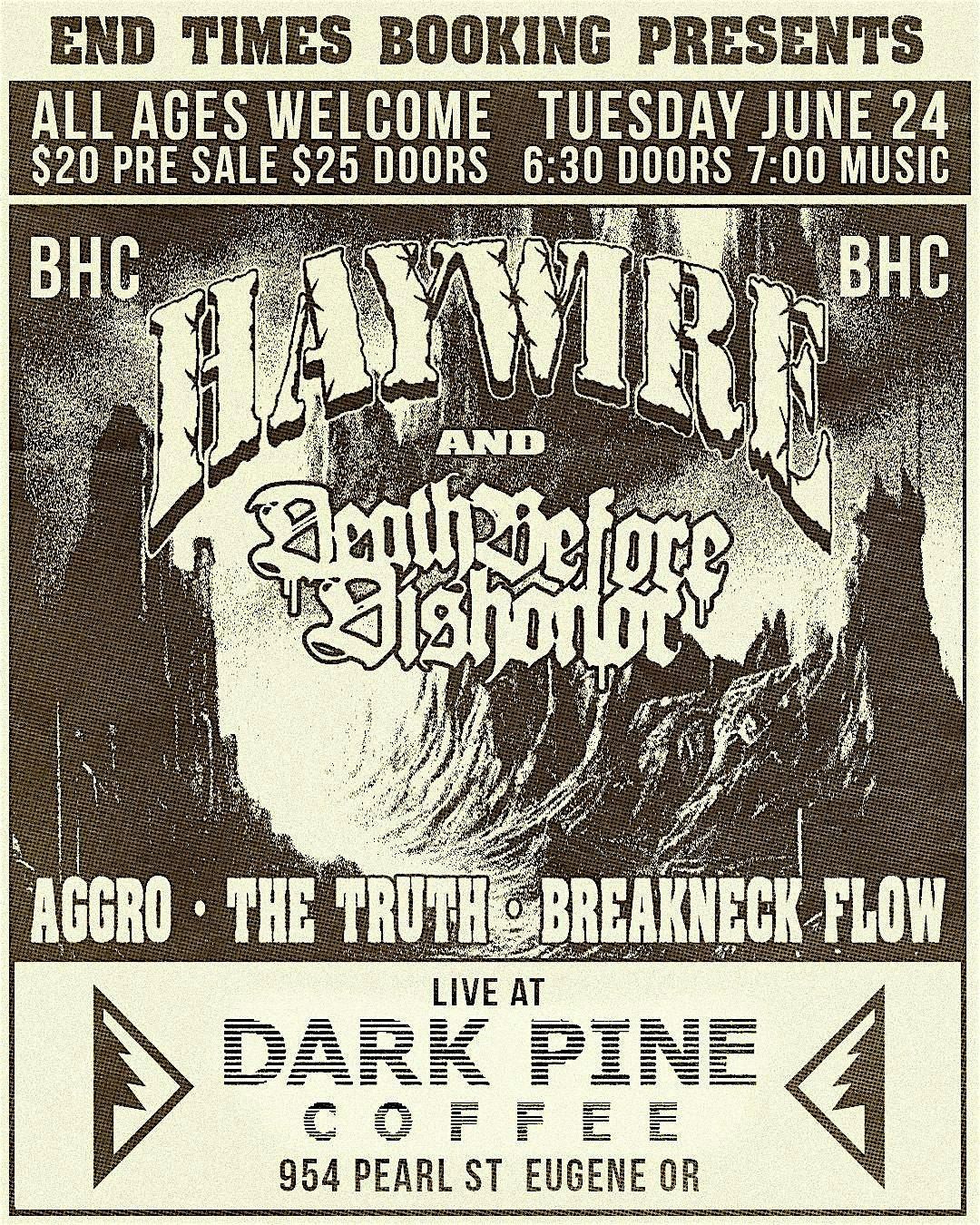
Advertisement
Join us for an enlightening workshop exploring the fascinating world of nocturnal pollinators. Discover the vital role these nighttime workers play in both agricultural and natural ecosystems. We’ll delve into the unique ecology of pollination after dark, highlighting the diversity, lifecycles, and conservation of moths—one of nature’s most important yet often overlooked pollinators. Learn how to support and protect these essential creatures in your own garden and beyond.Participants can expect to learn:
- Introduction to pollinators, including those that work the night shift.
- Discussion of the importance of nocturnal pollinators in both agricultural and natural settings
- Pollination after dark - a general look at nocturnal pollination ecology
- Moth diversity, lifecycles, ecology, and conservation
Presenter Bio:
Dave is a Xerces Society Ambassador and in that role is involved in educational and outreach work. Additionally he is an Oregon Naturalist and Master Melittoligist. His involvement in community science includes the Pacific Northwest Bumble Bee Atlas, the California Bumble Bee Atlas, and the Oregon Bee Atlas. Dave also writes pollinator-focused articles for the Oregon State Federation of Garden Clubs newsletter, Mahonia.
Oregon State University Extension Service prohibits discrimination in all its programs, services, activities, and materials. This publication will be made available in an accessible alternative format upon request. Please contact Chrisha Favors, 541‐309-0622, [email protected]
Advertisement
Event Venue & Nearby Stays
996 Jefferson St, Eugene, OR, United States, Oregon 97402








